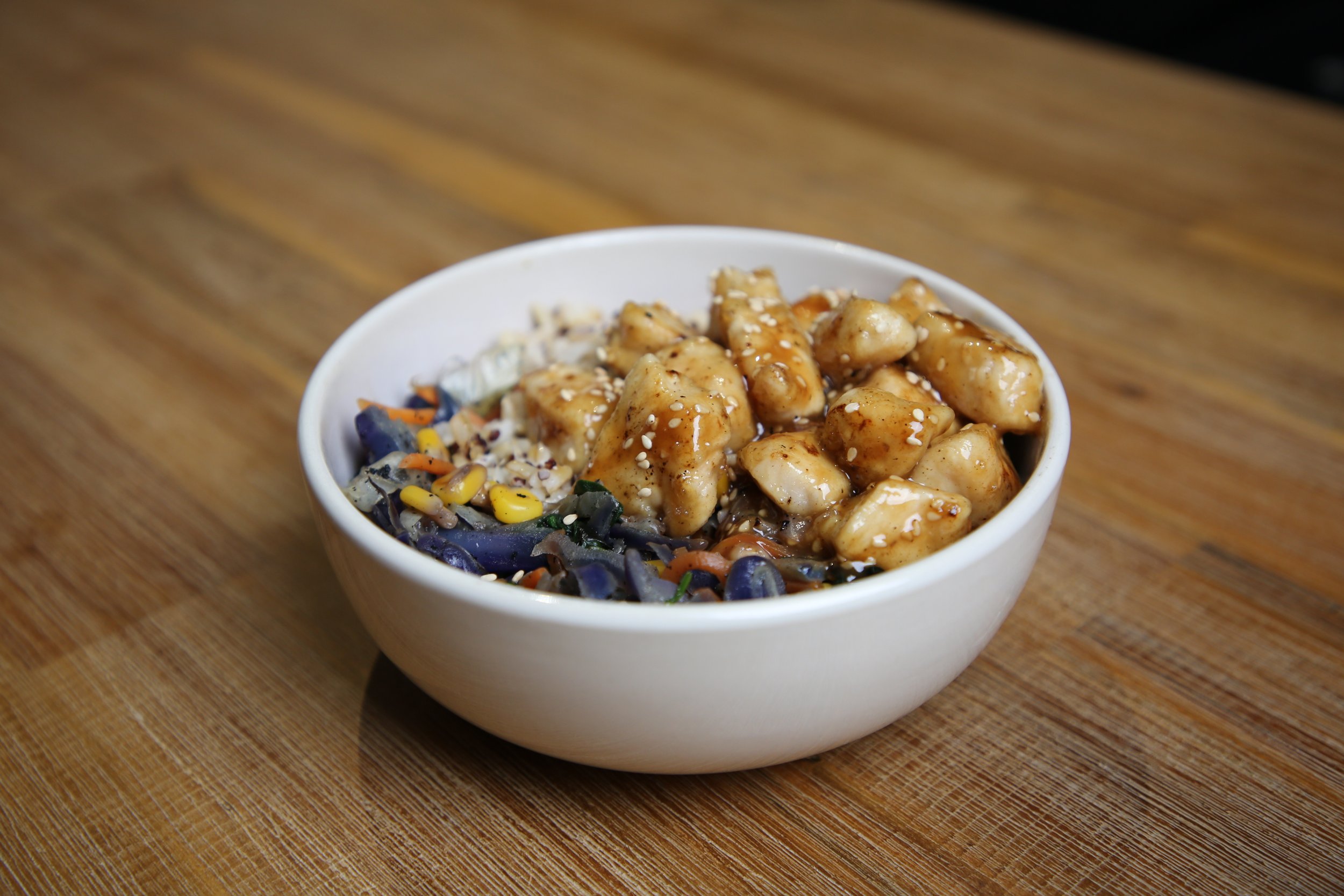Lactose Intolerance
What is lactose intolerance?
Lactose is a naturally occurring sugar composed of two simple sugars: glucose and galactose. To digest lactose, our bodies produce an enzyme called lactase, which converts lactose into glucose and galactose. However, individuals with lactose intolerance produce lower or trace amounts of lactase. Undigested lactose can be fermented by our gut microbiome, leading to the release of gases and causing symptoms such as bloating, distention, abdominal pain, and watery stools. These symptoms can be effectively managed through dietary interventions and the use of medications.
Why working with a dietitian?
Dietitians are medically-trained nutrition professionals, and the only professional that is qualified to provide individual dietary consultation at the moment (Click here to read about dietitian and nutritionist). Dietitians are trained to provide medical nutrition therapy and one-to-one personalised dietary advice. We take in consideration of one’s lifestyle, dietary habits, preference and goals to tailor our nutrition strategies.
The topics dietitians might talk to you about:
How lactose intolerance cause your symptoms
Lactose containing foods
Label reading
Choosing dairy alternatives and to ensure calcium adequacy
Understanding your lactose tolerance
Challenge your lactose tolerance (if you wish)
Use of lactase products
General healthy diets to ensure diet quality and diversity
What does working with Timeless Dietetic dietitian look like?
-
You will be invited to fill in a survey before the consults, including your health history, family history, current situation, goals
For elite athletes: You might be asked to provide a training program, body composition assessment (if available) and food diary
-
Discuss and understand your goals, living situation, lifestyle, potential motivators and barriers.
Perform assessment on health indicators, training schedules and goals, usual dietary intake.
Provide professional feedback on your diet, and identify areas that can be improved to help achieve your goal.
Discuss the most relevant nutrition topic that can help with the current situation and those you are interested in.
In collaboration with you, set small but impactful nutrition goals, homework and challenges.
Recommend what else you can do in the future and a recommended review timeframe if you would like to continue.
Provide you with a tailored nutrition information package to takeaway.
-
Review the effectiveness and practicality of previous goals/homework/challenges.
Review and track any progress indicators.
Reassess any changes in health indicators, training and dietary intake.
Discuss the most relevant nutrition topics and those you are interested in.
In collaboration with you, adjust the previous intervention that did not work well or develop a new strategy.
In collaboration with you, develop new strategies to improve your health and progress.
Provide you with a tailored nutrition information package to takeaway.
Work with Us
Other Healthy Eating Concerns
Lactose intolerance results from insufficient production of the enzyme lactase, which is needed to break down lactose into glucose and galactose. This deficiency leads to symptoms like bloating, abdominal pain, and watery stools as undigested lactose is fermented by gut bacteria. Effective management includes dietary adjustments and medication.
Plant-based nutrition embraces diets primarily composed of plant sources, with limited animal product inclusion. Variations include vegan, vegetarian, and pescatarian diets. Overcoming potential nutrition deficiencies, protein concerns, sports nutrition, social eating challenges, childhood nutrition needs, and practical considerations are key aspects of successful plant-based nutrition.
Our Blogs and Recipes































